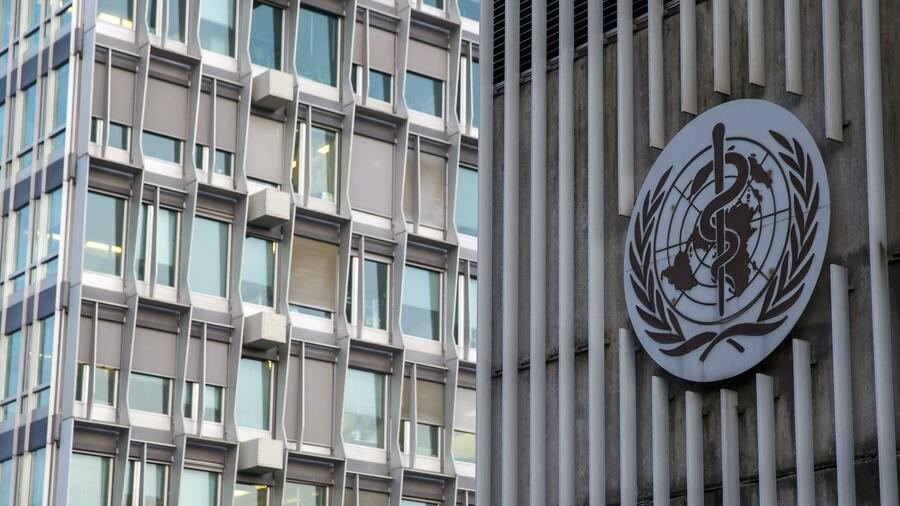Hans Kluge, regional director for Europe at the World Health Organization (WHO), urged governments and their partners on Monday to reconsider road transport and mobility as the world returns to normal following the COVID-19 pandemic, TurkicWorld reports citing Xinhua.
With his statement, Kluge kicked off the 7th United Nations (UN) Global Road Safety Week.
"We must collectively take advantage of this moment in time to rethink and redo mobility for the well-being of people and the planet, now and for future generations," he said.
According to Kluge, road traffic crashes cause 70,000 deaths and hundreds of thousands of non-fatal injuries in the WHO European Region each year, with road traffic accidents killing more children and young people aged 5 to 29 years in the region than any other single cause.
"A new vision of mobility would demand building or redesigning roads and public spaces for everyone, prioritizing the accessibility and mobility needs of those most vulnerable to the effects of motorized transport: children, women, people with disabilities and elderly people," he said.
Kluge's prerequisite for "the new vision" would be to increase investments in modes of active transportation, "such as walking, cycling and public transportation, as well as urban planning that allows access to services and amenities within distances that could be easily covered on foot or by bicycle."
With the latest WHO figures showing that 70 percent of the global population is expected to live in urban settings by 2030, there will be "increased demand for public transport to facilitate the movement of large and growing populations."
Kluge said he was confident that a successfully implemented "new vision" in the WHO European Region would facilitate not only "new, clean, safe, healthy and inclusive mobility and transport in the region" but "livable streets at the heart of every community."























